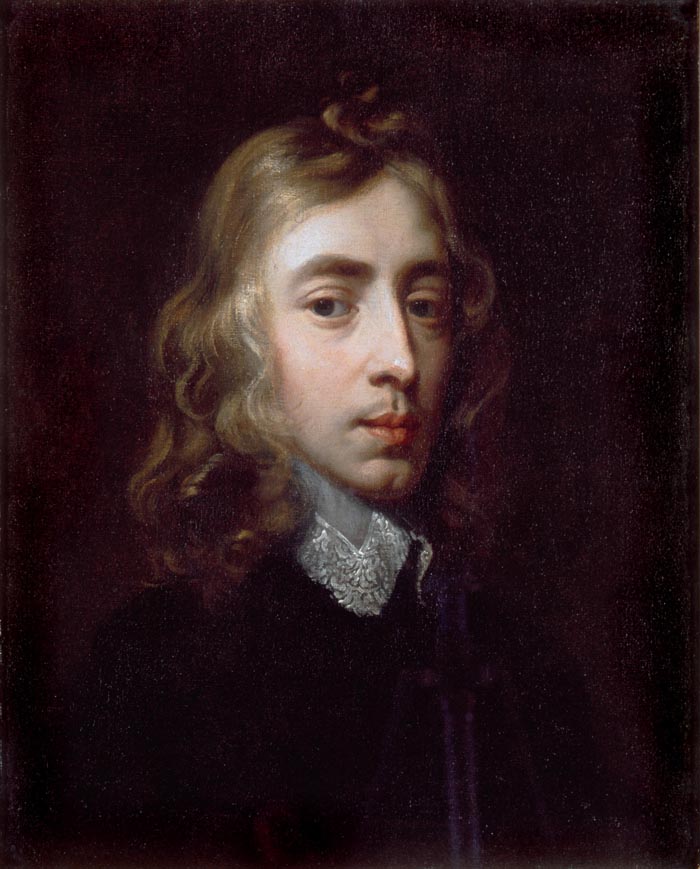Richmond Read-along 96

Welcome back to the Richmond Read-along! Today we are reading a poem from John Milton. Widely considered second only to Shakespeare in his importance as an English author, Milton is best known for his epic poem “Paradise Lost.” At the age of 15 he was already able to paraphrase Biblical Psalms from Hebrew into English verse, and translate them into Greek. This sophistication continued throughout his life, as he produced poetry in English, Latin and notably Italian, which he spoke fluently. He went blind in his 40s, and his later poems – including the epics “Paradise Lost” and “Paradise Regained” – were completed with the help of his daughters and his third wife.
Milton was also a noted polemicist, who spoke strongly against the hierarchical Church of England (and the Catholic Church), and for religious belief as individual interpretation of scripture. Many of his views were quite modern, particularly for the 17th century; he argued in favour of divorce, against the government’s ability to choose what was printed (what we now term “freedom of speech” as freedom from government censorship), and was anti-monarchy. He often replied to his critics with nuanced tracts, prose and verse. The poem we are reading today is an excellent example. An elegant poem which can be quickly understood as a criticism of those who would stick to their unexamined biases against reason, wisdom and morality, it also contains a multitude of references both Biblical and pagan, skilfully woven in to the text to provide a gloriously rich ensemble for those familiar enough with mythology and scripture to recognise them. Examples are Latona’s twins, drawing comparisons to the myth of peasants turned into frogs to punish them for their selfishness of denying her children water; and the Biblical metaphor of casting pearls to pigs.
I did but prompt the age to quit their clogs
I did but prompt the age to quit their clogs
By the known rules of ancient liberty,
When straight a barbarous noise environs me
Of owls and cuckoos, asses, apes and dogs.
As when those hinds that were transform’d to frogs
Railed at Latona’s twin-born progeny
Which after held the Sun and Moon in fee.
But this is got by casting pearl to hogs;
That bawl for freedom in their senseless mood,
And still revolt when truth would set them free.
Licence they mean when they cry liberty;
For who loves that, must first be wise and good;
But from that mark how far they rove we see
For all this waste of wealth, and loss of blood.
You can find this poem – without the edits for ease of reading – at Wikisource. Members of Richmond upon Thames Borough Libraries can read more about Milton’s life and works at the Oxford Dictionary of National Biography.
Join us tomorrow for the next Richmond Read-along!
